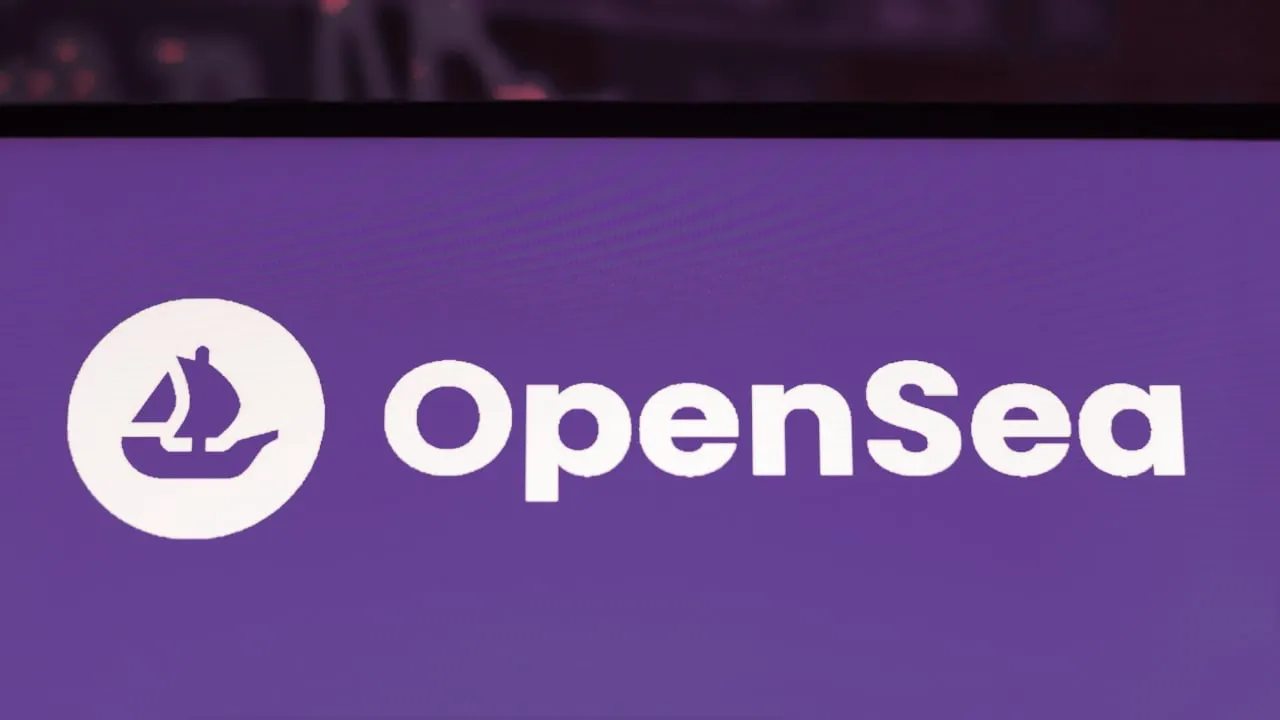OpenSea, the number one NFT marketplace by volume, announced today the integration of the layer two scaling solution Polygon into its Seaport protocol implementation.
“Starting today, we will begin using Seaport for all new listings and offers on Polygon!” OpenSea tweeted. “We’re excited to start using Seaport across multiple blockchains to improve the experience for everyone on OpenSea.”
In June, OpenSea announced moving from its Wyvern protocol to Seaport, an open-source marketplace protocol audited by Web3 security firms OpenZeppelin and Trail of Bits. At the time, OpenSea said the shift to OpenSea would save $460 million in total fees per year.
The change came in a bid to avoid high Ethereum gas fees, make signature confirmation actions easier to read, and remove the need for new users to pay an account initialization or setup fee.
“After several months of observing Seaport’s impact and collecting valuable feedback, we’re excited to introduce Polygon support,” OpenSea said in a blog post. “In the coming months, we will be adding support for Klaytn and other EVM-compatible chains as well."
OpenSea says using Seaport on Polygon enables the launching of several new features on Polygon, including collection and attribute offers, no listing thresholds, Multiple creator payouts, and bulk transfers.
Perhaps the most important new feature is the ability to use the native token of the Polygon network, MATIC, to list and buy on OpenSea.
“As part of the shift to Seaport, OpenSea now supports using $MATIC, Polygon’s native token, as a payment option,” OpenSea continued. “Anyone transacting on Polygon using OpenSea will now be required to pay for their own gas fees for transacting using $MATIC.”
Daily Debrief Newsletter
Start every day with the top news stories right now, plus original features, a podcast, videos and more.

